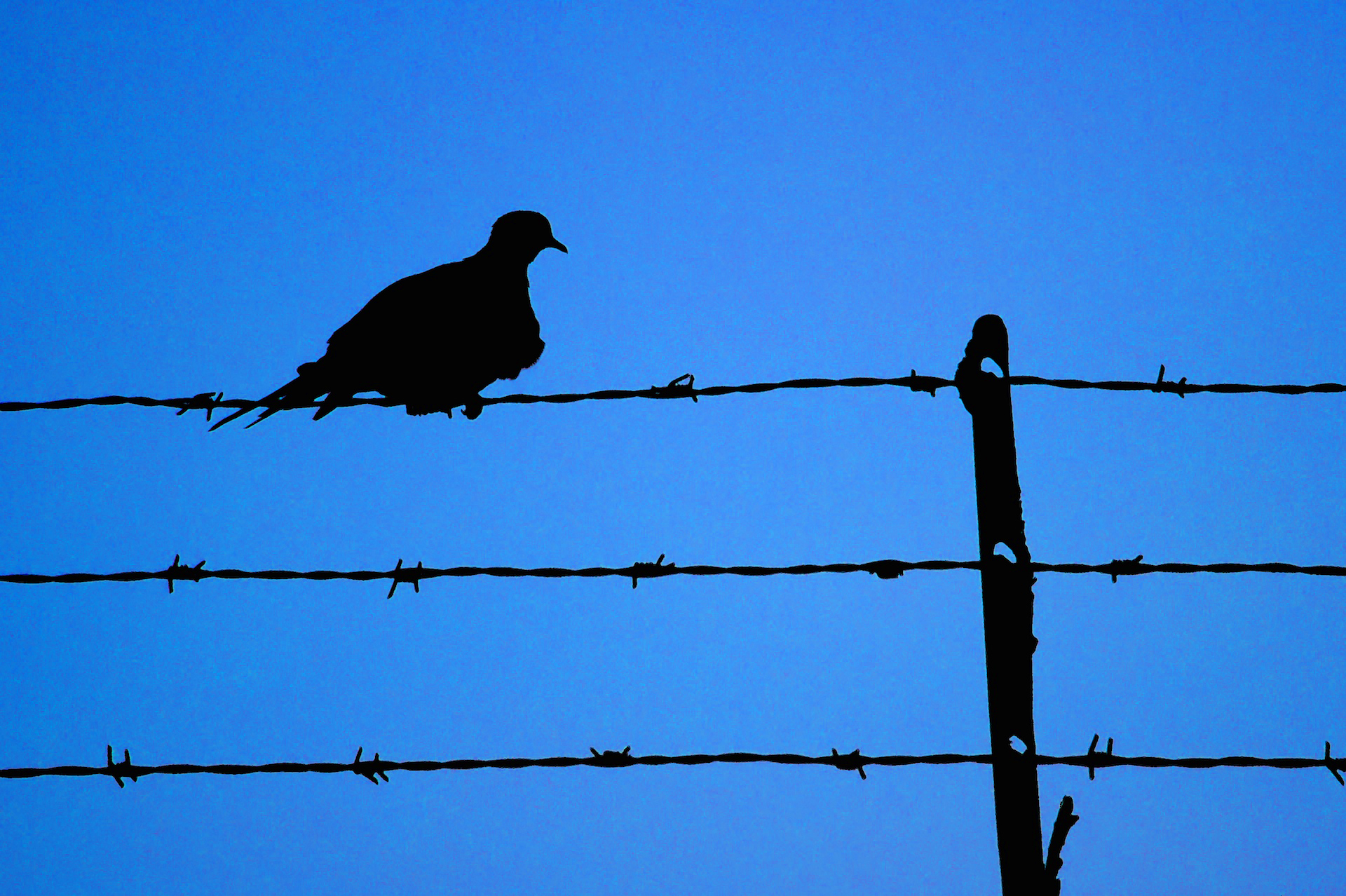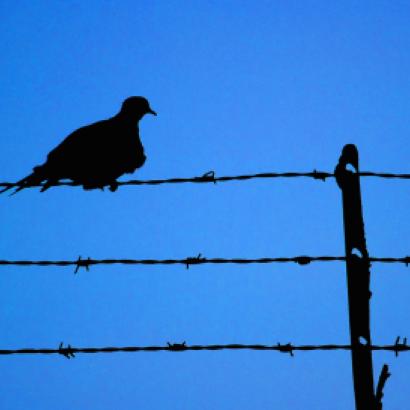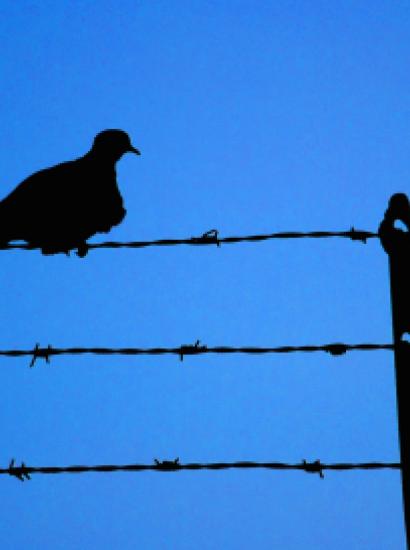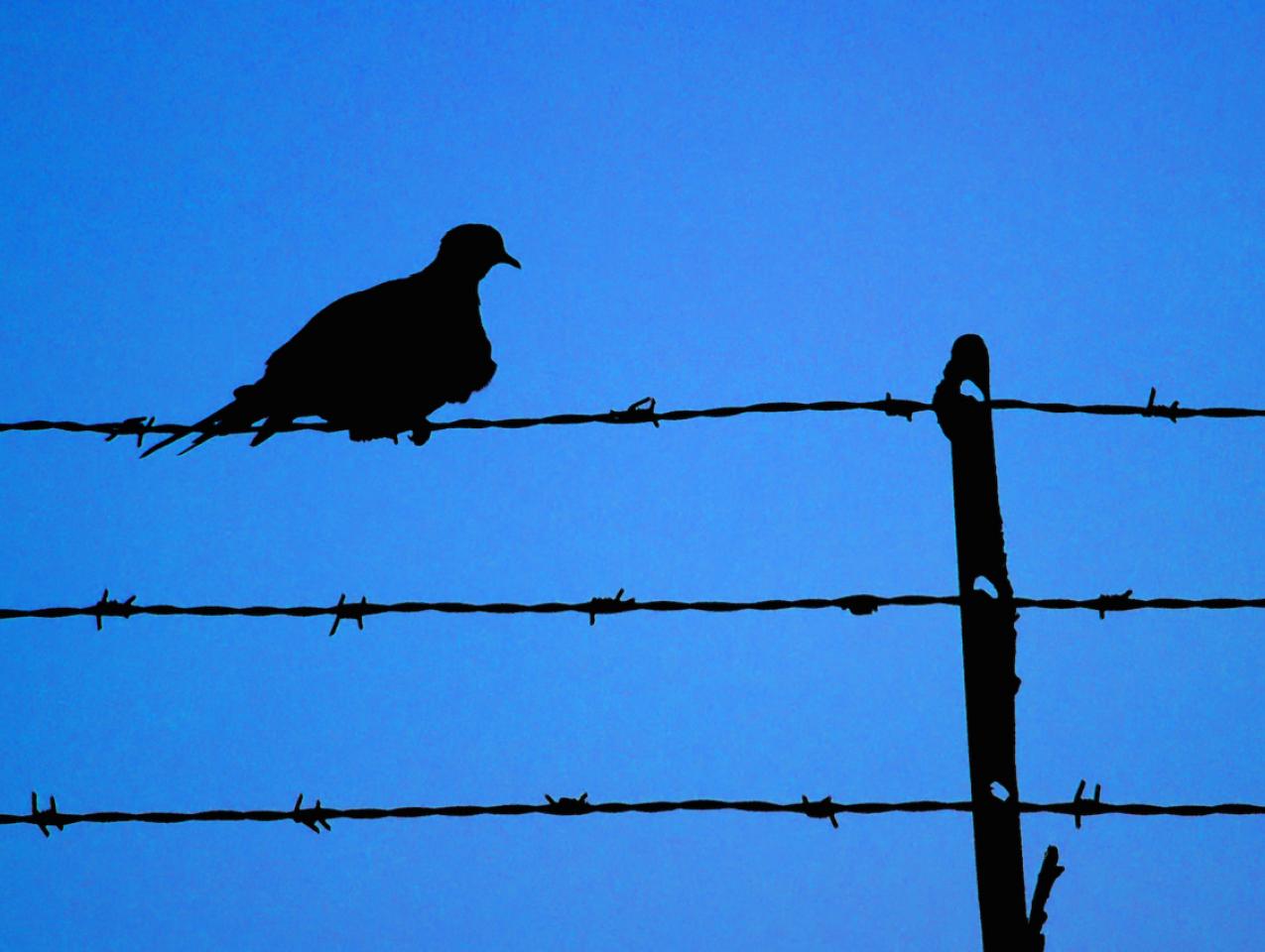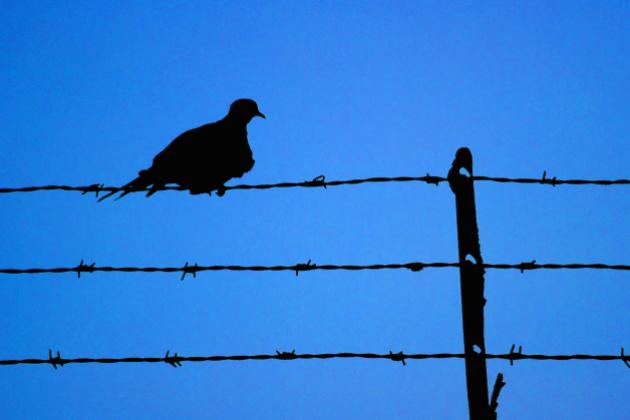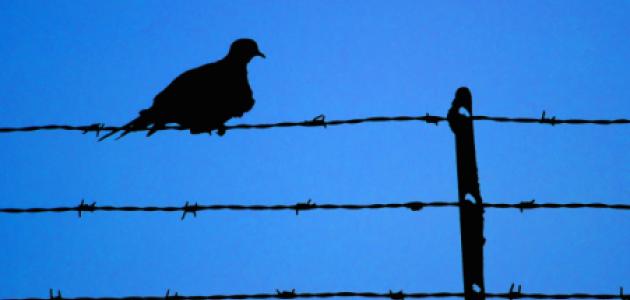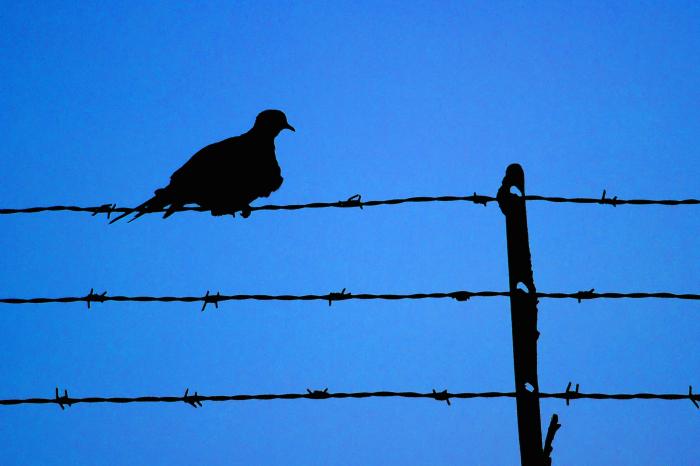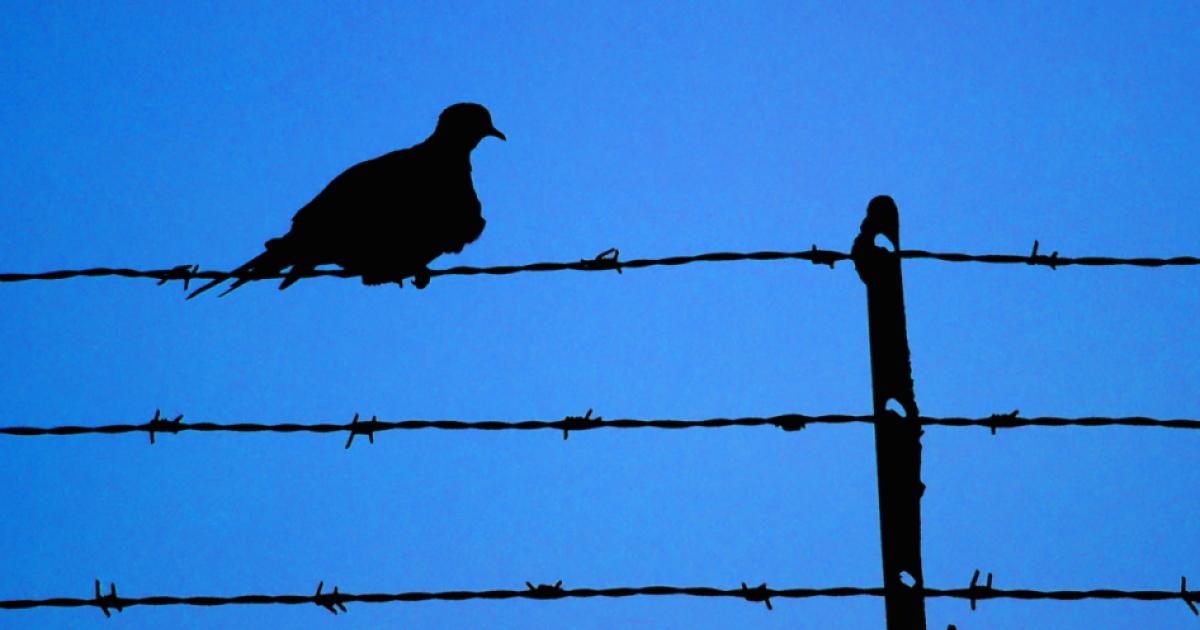Clarity often emerges from the fog of war. One such occasion happened October 7, when Hamas forces burst out of Gaza with the express mission of brutally slaughtering men, women, and children just miles away in Israel. They succeeded beyond their wildest dreams—with some 1,300 Israelis dead, thousands more wounded, and some 150 missing or held hostage. Situations like this require a high level of moral clarity to recognize that such brutality cannot be tolerated under some relativist theory that ignores the profound difference between victims and murderers. Some leaders, and some nations, have responded with clear words and strict sanctions, with the understanding that in times of moral crisis and personal peril, extra vigilance and even sharp limitations on civil liberties may unfortunately be needed. President Biden and Defense Secretary Lloyd Austin should be commended for their forceful leadership. France’s Emmanuel Macron should likewise be praised for his forthright decision to ban pro-Palestine protests and to work feverishly toward the release of French hostages held by Hamas. And praise is due to Benjamin Netanyahu for his courageous efforts to lead a coalition of Israelis who are shocked by the tragic events.
To make my views perfectly clear, it is imperative for Israel, the United States, and a recalcitrant United Nations to do all within their power to rescue civilians from the curse of the war, lest anyone try to create an obscene parallel between Hamas, which wreaks terror on civilians, and Israel, which seeks to ferret out terrorism. Moreover, Egypt should yield to the rising demands to open the Rafah crossing into Gaza to allow refugees access to the many tons of desperately needed relief sitting idle on the Egyptian side of the border, and other nations should make ample contributions to reduce Egypt’s financial burdens. It is also the responsibility of Hamas to its own people to support efforts to save and protect lives—instead of urging innocents to remain in the evacuation area to serve as human shields against invasion.
It is necessary to strongly reject the efforts of too many individuals and groups to double down on these atrocities, treating the butchery in Israel as the first step in some grand and noble plan to kill all Israelis or drive them into the sea. More subtle is the campaigning by supposedly civilized, thoughtful individuals to downgrade the seriousness of the events by using Orwellian tricks of language. Thus they twist their moral blindness into a purportedly objective, neutral view on mass slaughter—an issue that has no two sides.
This headline from the news section of the Wall Street Journal exemplifies this tendency to soft-pedal Hamas atrocities. It occupies a different moral universe from the Journal’s splendid editorial page. The front page carried this headline the day after the attack, October 8:
Israel Works to Expel Hamas Intruders and Secure Border
More than 1,100 dead in total as firefights raged a day after militants poured into Israel
“Intruders” are people who crash a wedding. And “militant” is every bit as intentionally mistaken. A militant is someone who holds strong beliefs, either for good or for ill, such as the militant defense of free speech. It carries no strong moral valence. Thus, to use the term some fifteen times in the article is not some simple stylistic lapse: it is a serious moral blunder, for the only proper description of these Hamas murderers is the word terrorist, a word that removes any ambiguity about goals and behavior. Twice, that word finds its way into the article, but in neither instance does it represent the Journal’s description of the events. In one place, the word is used to report the Israelis’ comparison of October 7 to 9/11. In the second, it reports that the United States considers Hamas a terrorist organization, without endorsing that characterization—even with so much horrifying new information.
The intentional downgrading of the Hamas brutality can have only one effect: to undermine what should be a worldwide rebuke of Hamas and its many supporters for rejoicing in the deaths of innocent people.
The rhetorical excesses get worse. The New York Times, which has published many excellent articles on the broader Arab-Israeli confrontation, reached a new low when it published an op-ed piece by Fadi Abu Shammalah with the title, “What More Must the Children of Gaza Suffer?” To his credit, Shammalah is a director of a cultural center and an outreach associate at a press organization who advocates “unarmed, civilian-led, direct mass action.” To be credible here, however, he must be unequivocal in condemning Hamas atrocities. He begins well enough, with an account of the dread that he, his wife, and three children suffer under the incessant bombing from Israel. Yet when he expounds on the horrors that Palestinian children suffer, he makes no mention of the many Israeli children who were butchered by Hamas, nor openly acknowledges the guilt of Hamas in first causing and then glorifying this slaughter. Further, he does not condemn the prospect that Hamas may yet compound the agony by executing Israeli children now held as hostages.
The closest he comes to admitting the enormity of Hamas’s wrongs is to ask “that all children in the region . . . are able to live in freedom, with dignity and safety.” But he lacks the courage to specifically mention the slain Israeli children or to acknowledge that this outcome will never be the case so long as Hamas wields control of Gaza.
Abu Shammalah papers over the enormity of Hamas’s transgressions. He refers once to “Hamas’s surprise attack on Saturday,” only to refer to Hamas terrorists as “fighters” who should be excused because “Israel helped create these fighters by starving them of hope, dignity, and a future.” Exactly how this took place is a mystery, given that it was Hamas that indoctrinated and prepared these youthful terrorists every waking hour. Hamas, after all, has spent fortunes building tunnels, running blockages, and conducting secret training sessions to build up the military mass for the deliberate murder of Israelis and the dismemberment of Israel as a viable state. Of this form of “creation,” he says nary a word. Nor does he mention that Hamas’s atrocities enjoy the widespread support of far too many Gazans. Instead, he repeats the oft-stated blood libel of Israel’s purported occupation and apartheid, without once addressing the enormous differences between Israel and the infamous apartheid regime that once gripped South Africa.
I cannot locate a single Palestinian figure who has given an outright condemnation of the wanton slaughter as an impermissible means to achieve the destruction of Israel. And this signals a lasting change in geopolitical considerations. There was once a time when Israel sought to achieve, as David Brooks recounts in the New York Times, a two-state solution that gave the Palestinians complete control over Gaza and extensive control over the West Bank. “Dec. 23, 2000,” he writes. “That was the day the Palestinians were offered a path to having their own nation on roughly 95 percent of the land in the West Bank and 100 percent of the land in the Gaza Strip”—only for Palestinian leader Yasser Arafat to refuse his final consent. Today that two-state solution is a nonstarter because it would allow any new Palestinian state to mass Iranian troops on two of Israel’s borders, which could easily lead to the strangulation of Israel.
So, the new normal is to abandon all hope of a two-state solution. The only protection for Palestinians will come from Israel, which is able to tamp down on the frequent brutality of Hamas towards its own people and help Palestinians avoid the corruption that has been the hallmark of Fatah (the Palestinian entity now in its nineteenth year of Mahmoud Abbas’s four-year presidency). There is no partner with whom Israel could negotiate in the long term. Regrettably, the only long-term solution for Israel’s safety is to destroy Hamas root and branch. Earlier cease-fires with Hamas were always matters of strategic convenience, which left Hamas with the option to rearm, regroup, and attack again. The stunning success of Hamas’s surprise attack makes clear that it is sheer folly to think that a cease-fire is feasible without unconditional surrender.
It should always be recalled that the Allies’ success pacifying both Germany and Japan after World War II required such a total housecleaning. It will be more difficult to obtain in the current conflict. The covenant of Hamas, conceived in 1988 and revised in 2017, enshrines the goal of “obliterating” Israel so that Palestine becomes an “exclusive” Muslim area. They mean every word of it.
None of the options is pretty for Israel. But either Israel makes Hamas pay the ultimate price, or Israel will remain in existential peril.







